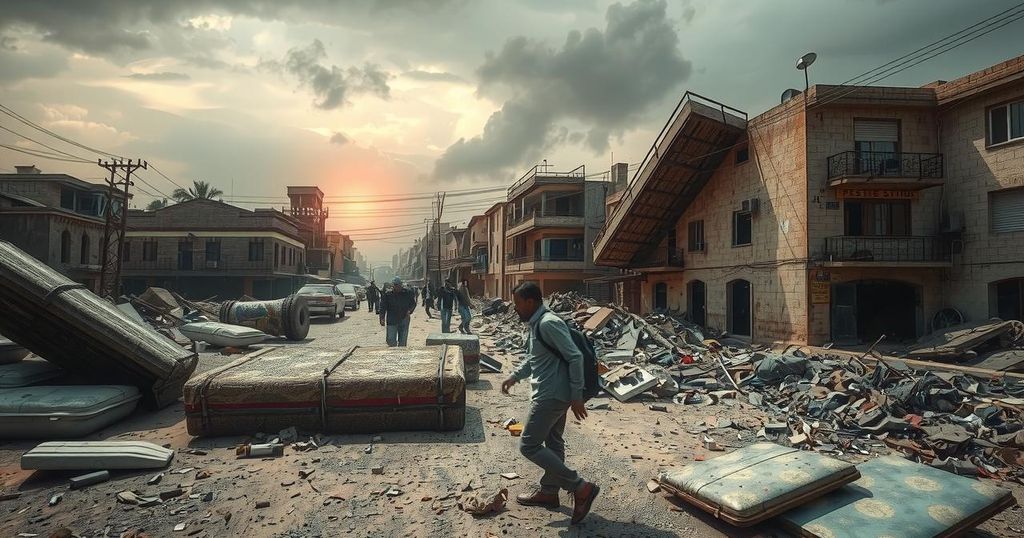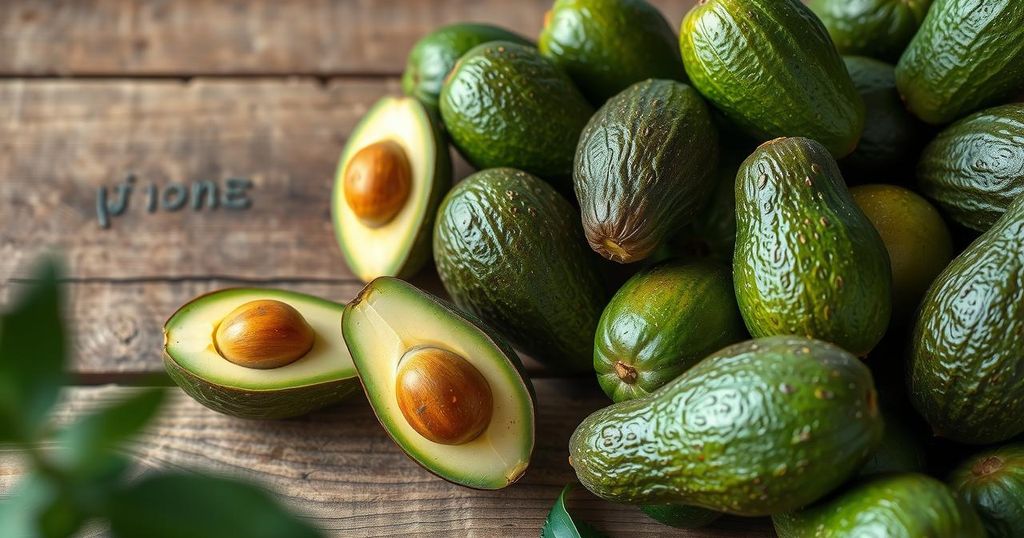Malawi is currently facing protests due to soaring prices ahead of the September elections, amidst its worst economic crisis in decades. Rising inflation and food costs have sparked demonstrations in several cities. Critics highlight a lack of a cohesive economic recovery strategy from the government, increasing pressure on officials ahead of the elections.
Malawi is facing significant unrest due to rising prices as it approaches elections in September. The nation is enduring its most severe economic crisis in decades. In Lilongwe, Steve Magombo, head of the vendors’ association, voiced the vendors’ frustrations over inflation, which reached 30% year-on-year in February. This sentiment ignited a protest of 5,000 vendors marching to parliament, marking one of the largest demonstrations in years.
Protests have also erupted in at least four additional cities, highlighting widespread public dissatisfaction in a nation where approximately 75% of its 21 million citizens live in extreme poverty. Rising food prices, particularly maize, have created critical challenges; maize price inflation reached 38.5% in February, and a 50 kg bag now costs close to 110,000 kwacha ($63), significantly higher than the country’s minimum wage.
James Woods, a UK-based policy expert, noted that the depreciation of the kwacha has had catastrophic effects, exacerbating import costs and inflation in a harmful cycle. The currency has lost more than half its value since 2022, complicating businesses’ ability to acquire foreign currency, which is essential for imports.
In response to the crisis, the government implemented bans on specific imports, such as Irish potatoes and maize flour, in an effort to foster local production. However, critics like Gift Trapence, leader of the Human Rights Defenders Coalition, contend that the government lacks a cohesive strategy to stabilize the economy. He expressed that the authorities appear unsure how to rectify the economic turmoil.
President Lazarus Chakwera, who won the presidency in 2020, is now preparing for a challenging re-election, particularly with former president Peter Mutharika seeking a return to power. The ongoing economic crisis intensifies the urgency for the government to take decisive action before voters head to the polls.
In summary, Malawi is grappling with intense protests and economic hardship, primarily driven by soaring inflation and rising food prices. The depreciation of the kwacha has compounded these issues, provoking significant public outcry. With elections approaching, the government’s responses to the crisis will be pivotal in shaping the political landscape. Calls for a clear economic strategy grow louder as candidates prepare for the upcoming electoral battle.
Original Source: newscentral.africa




